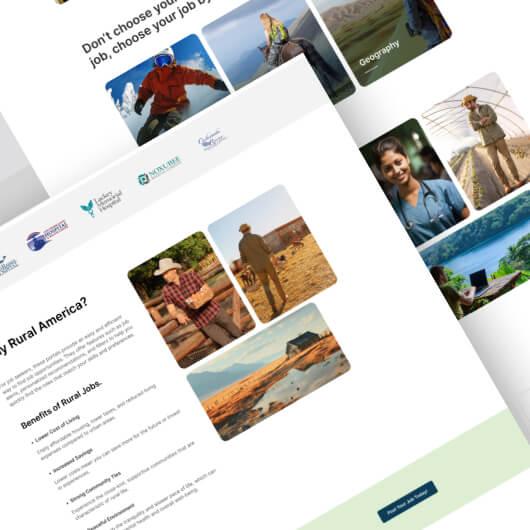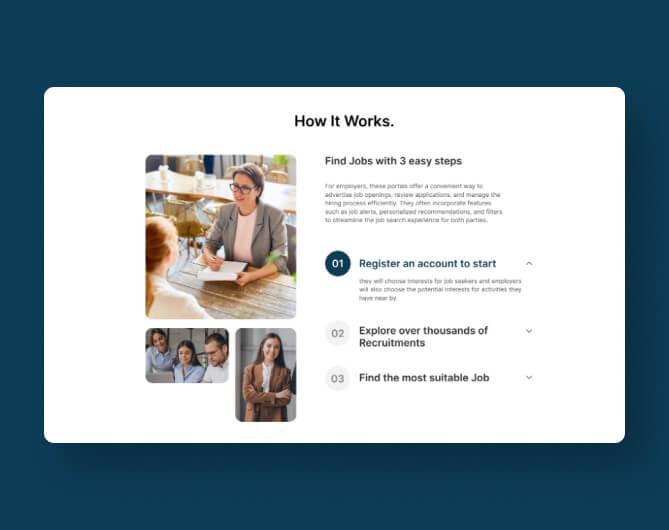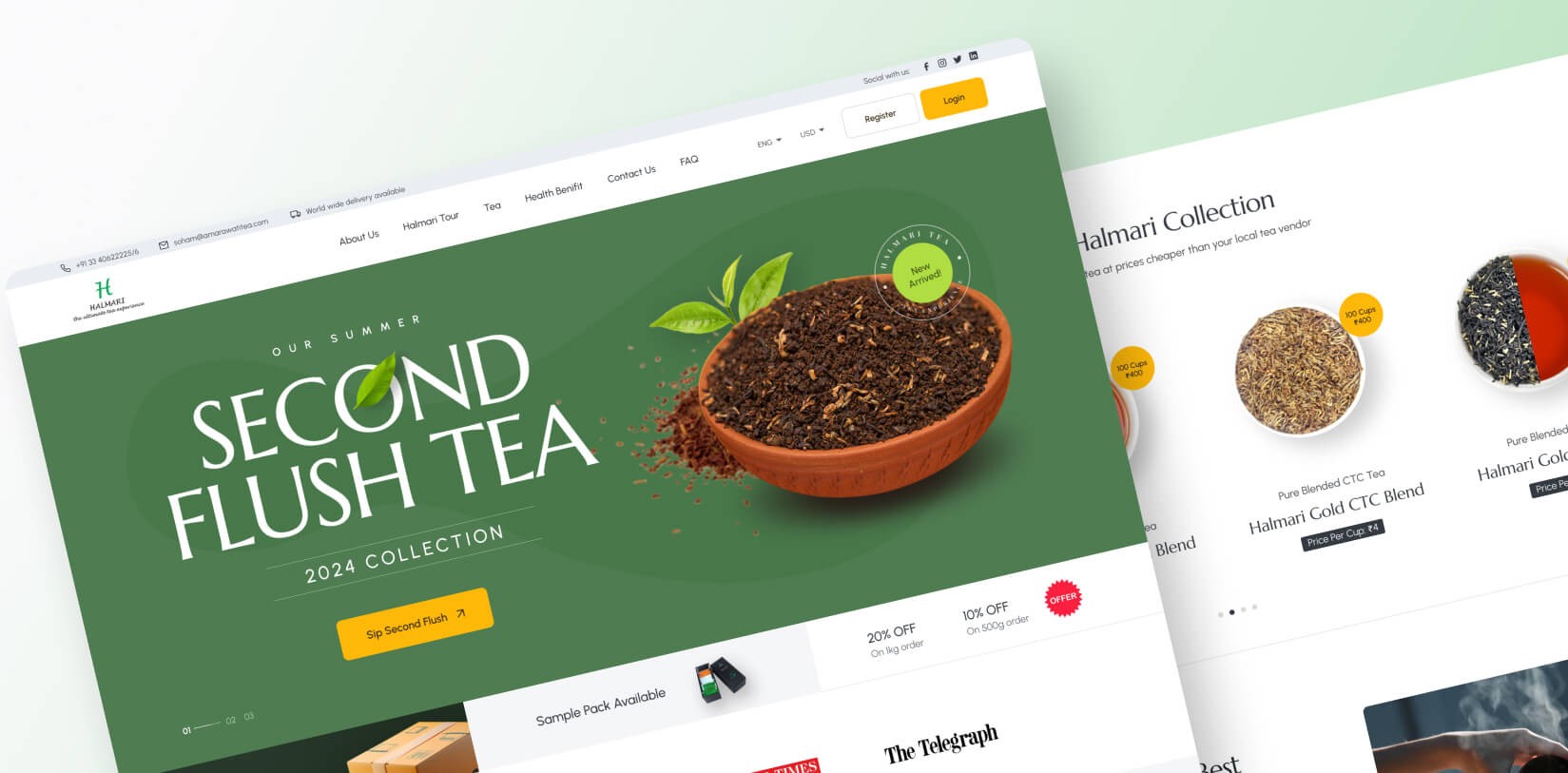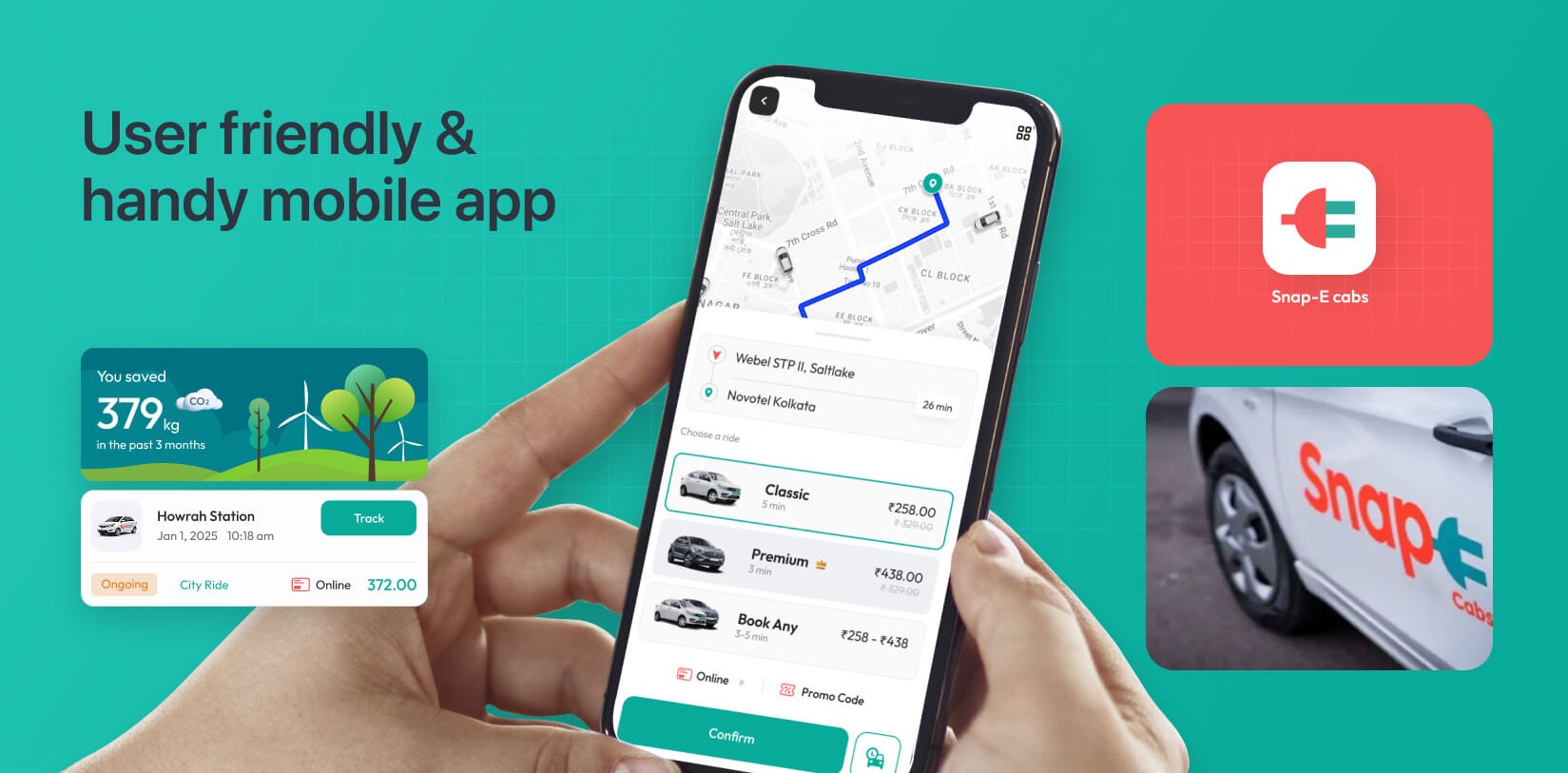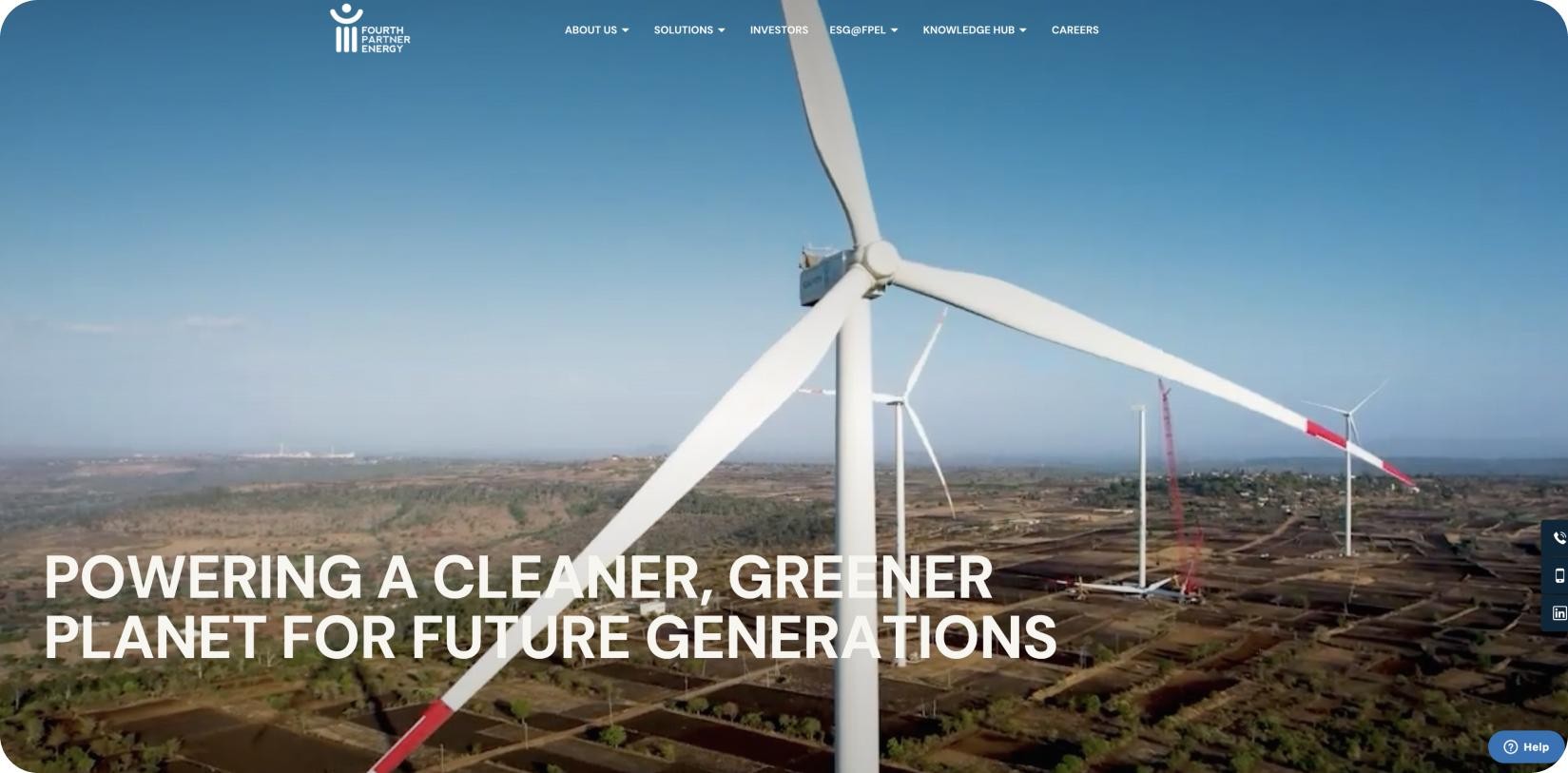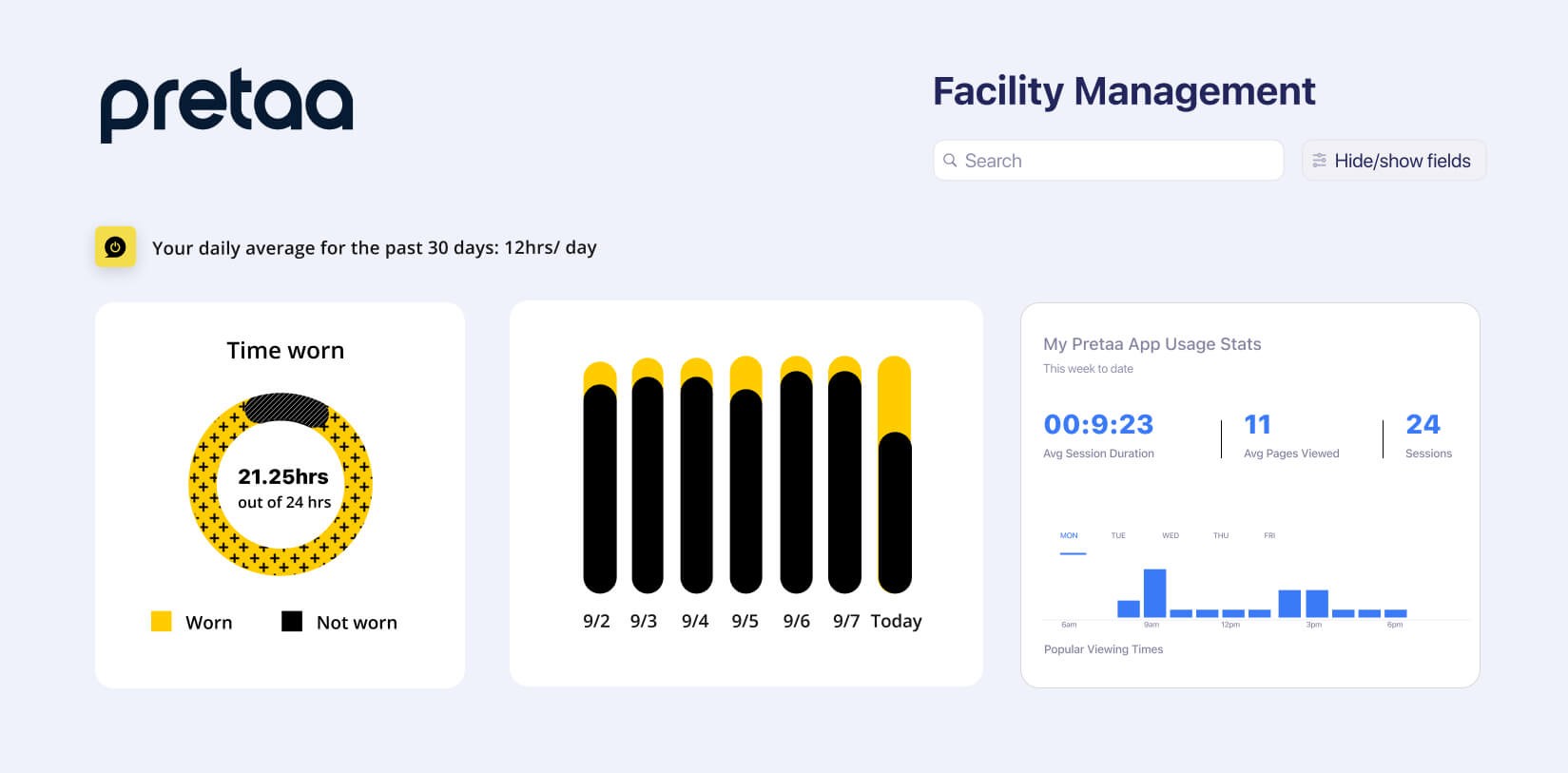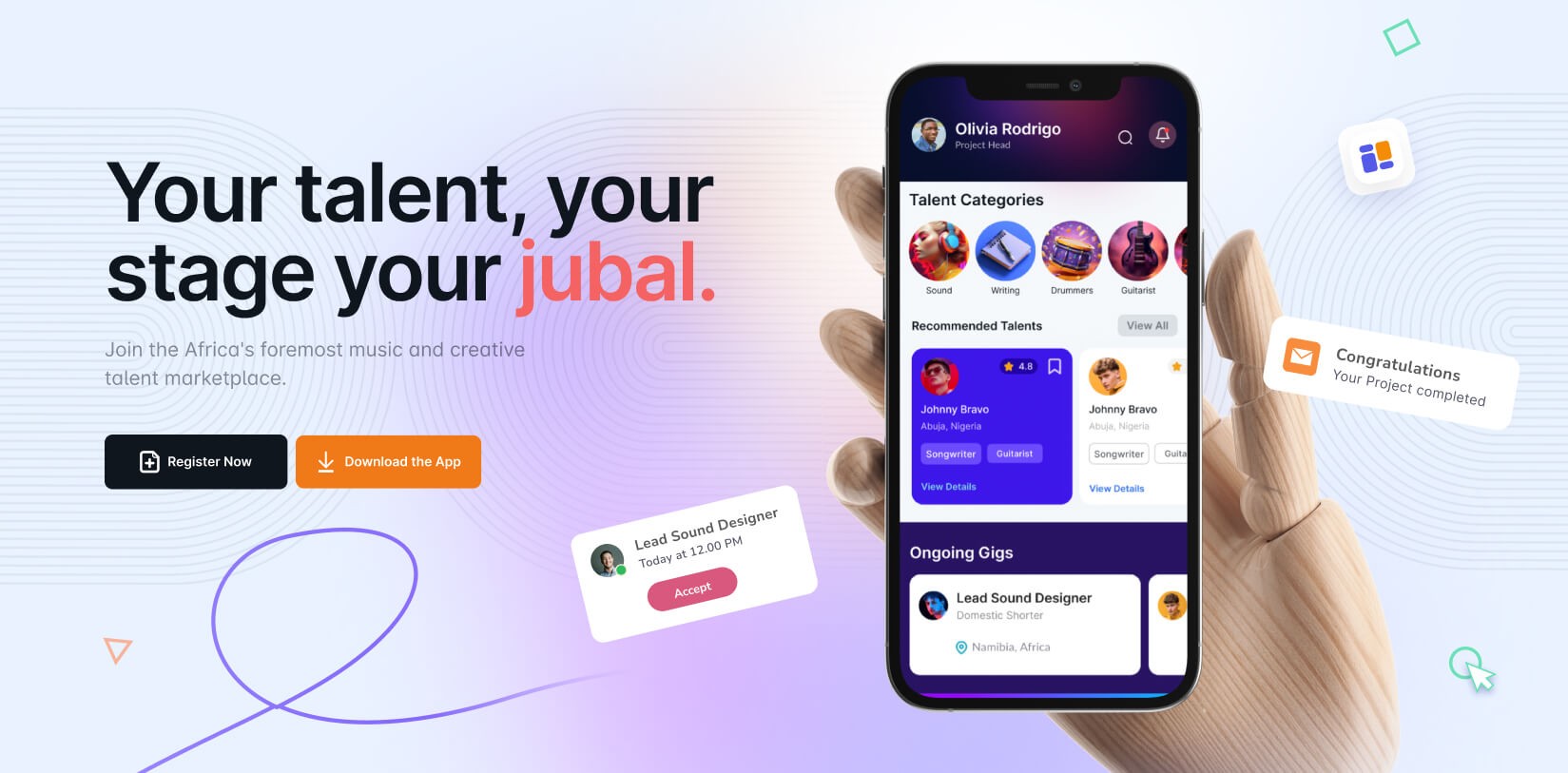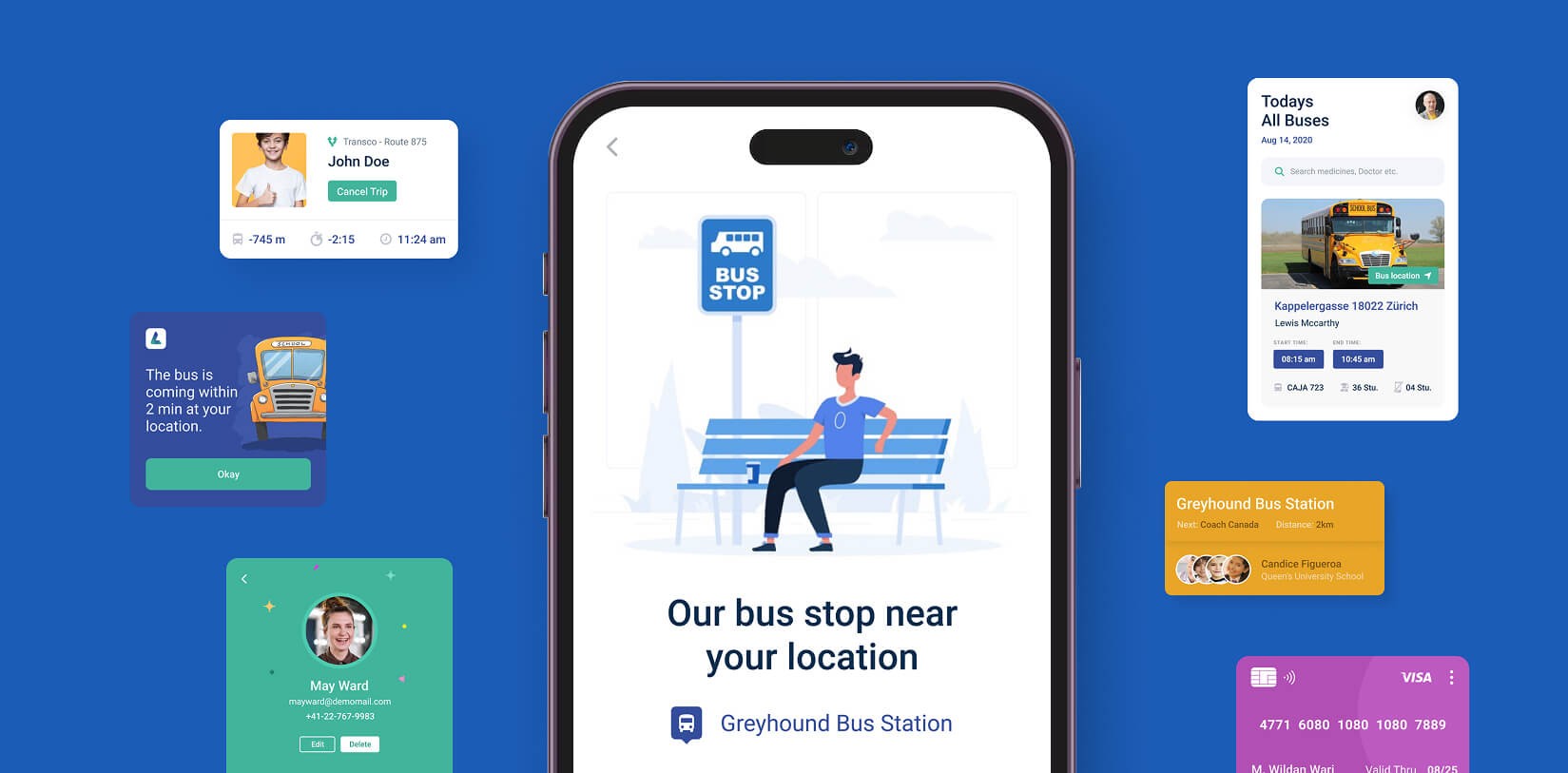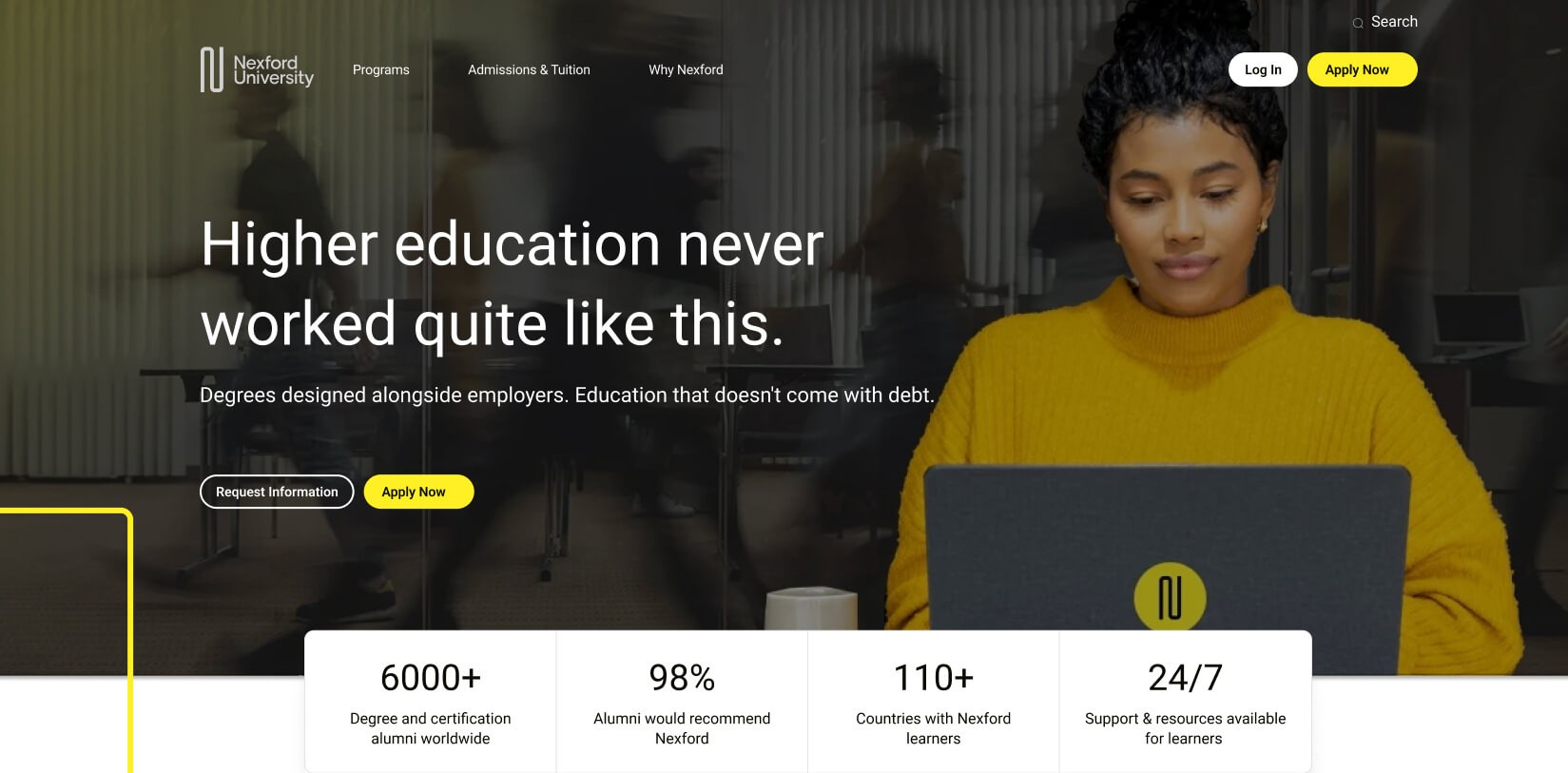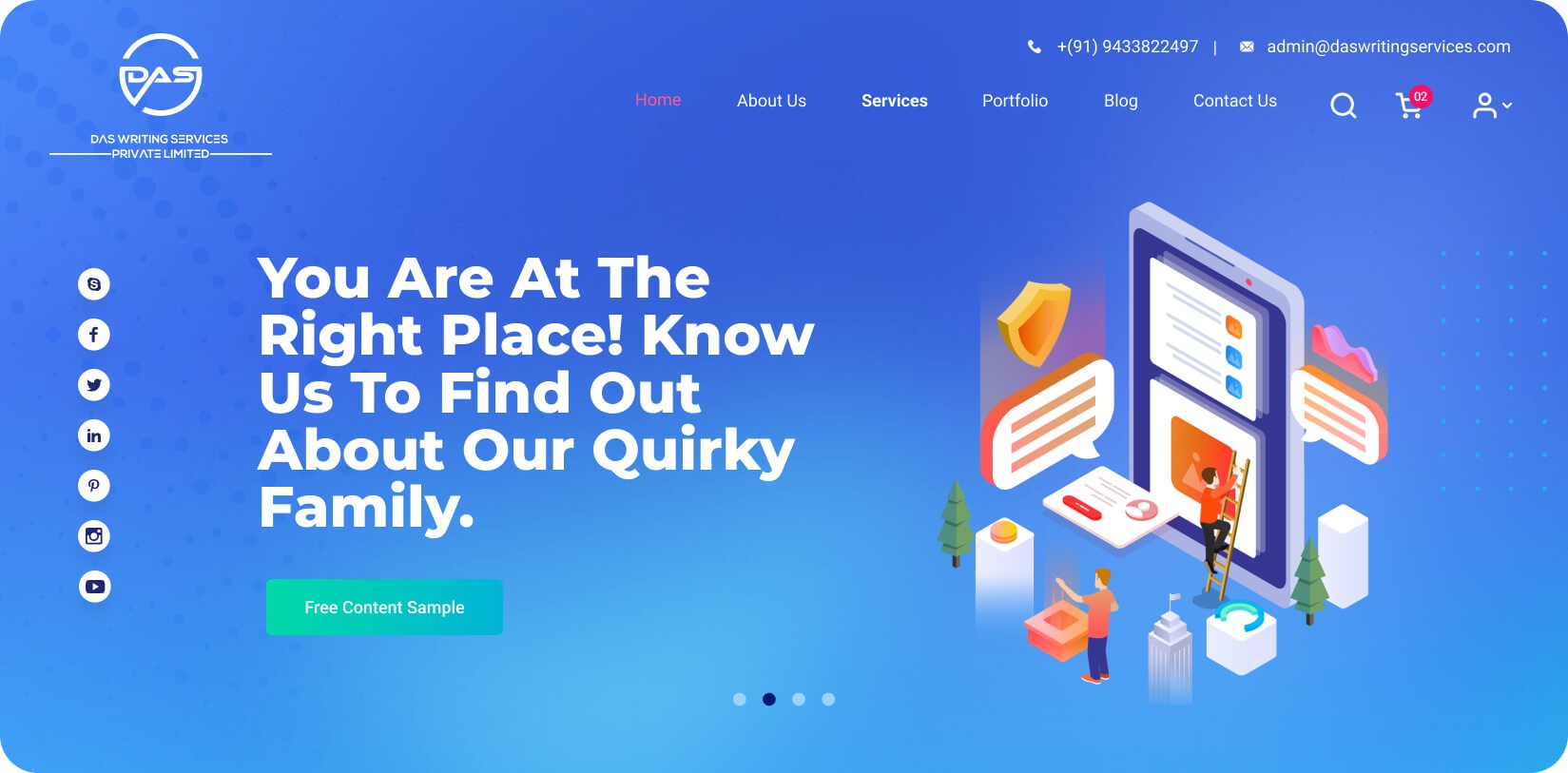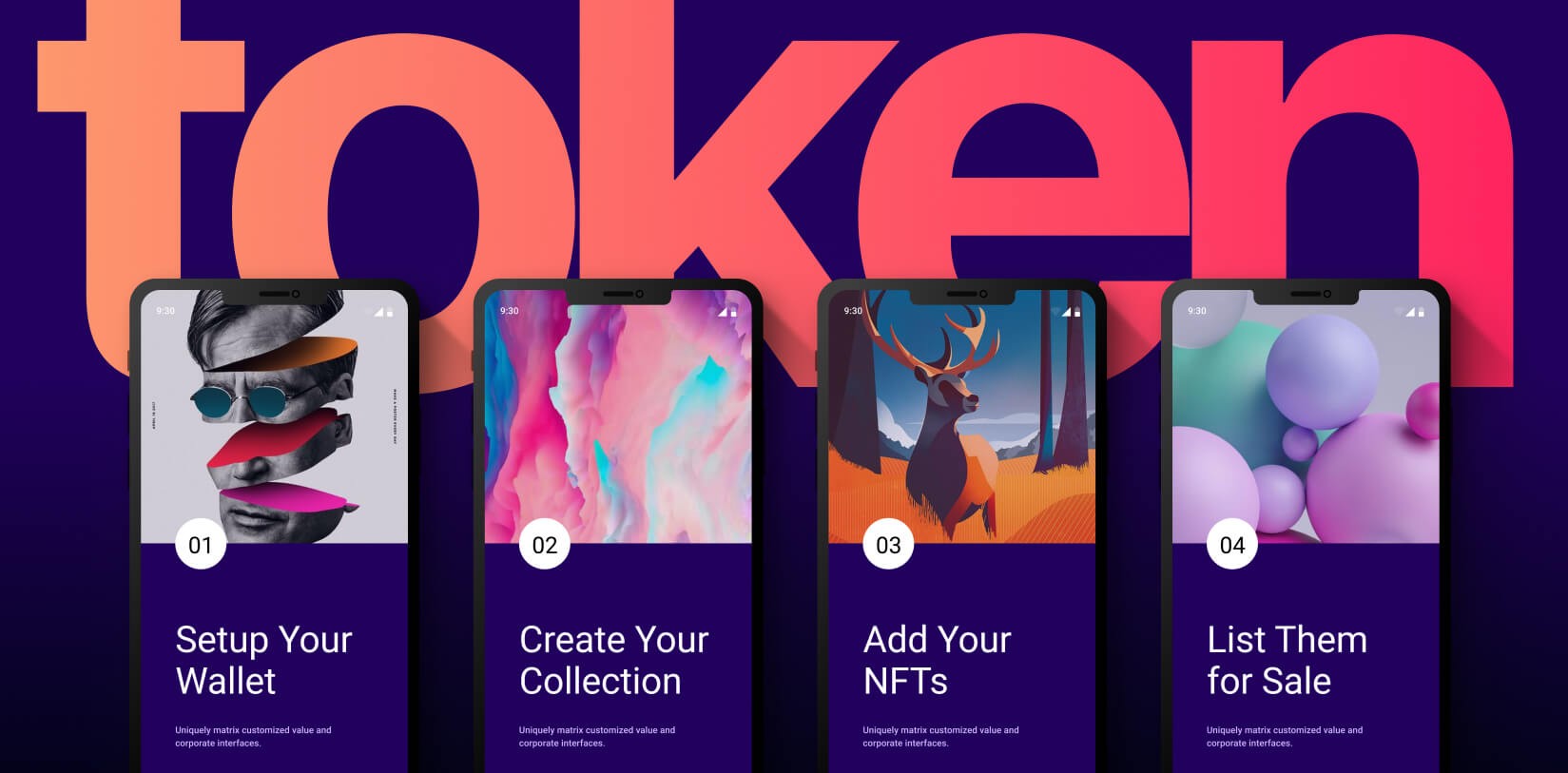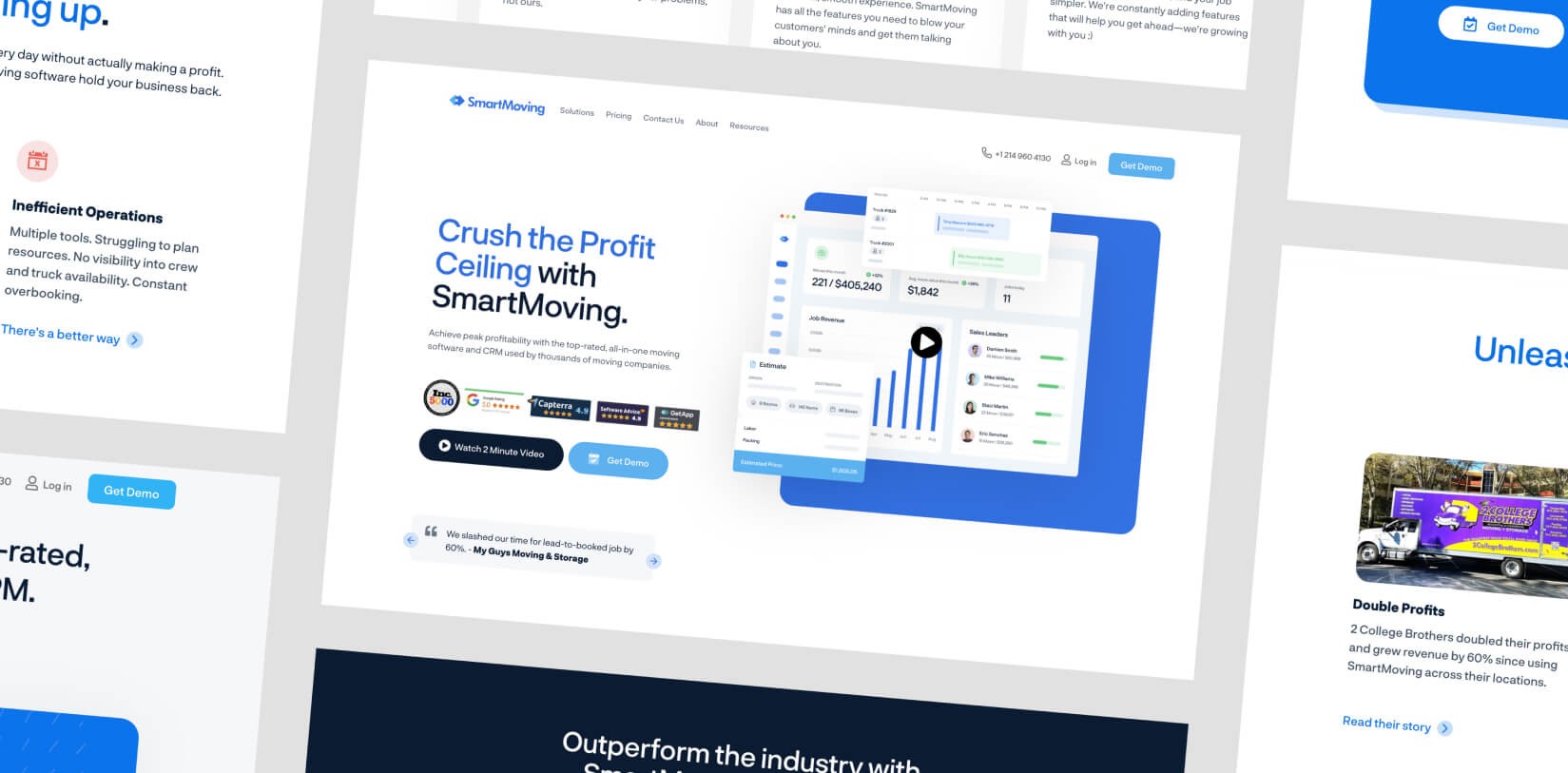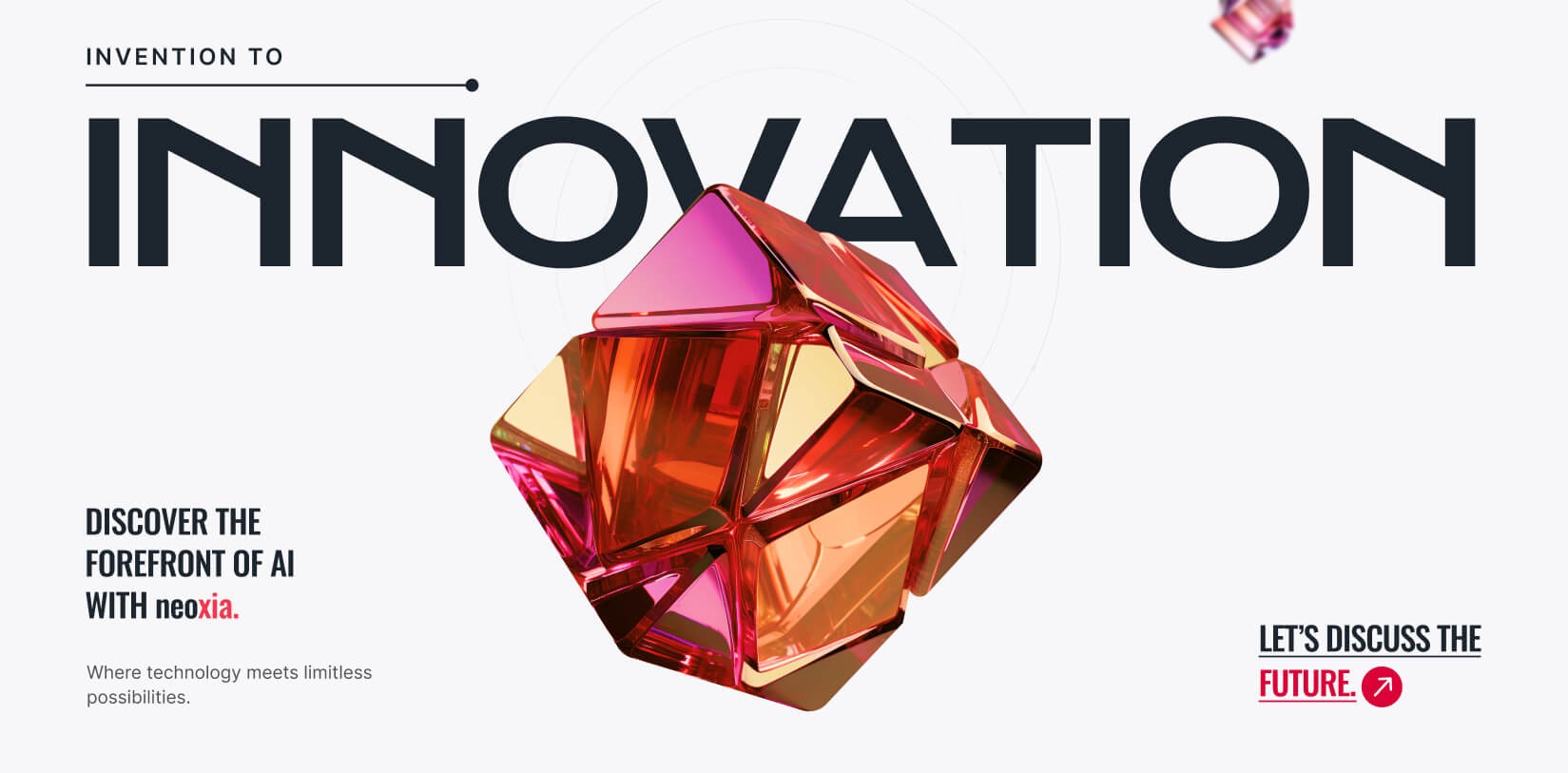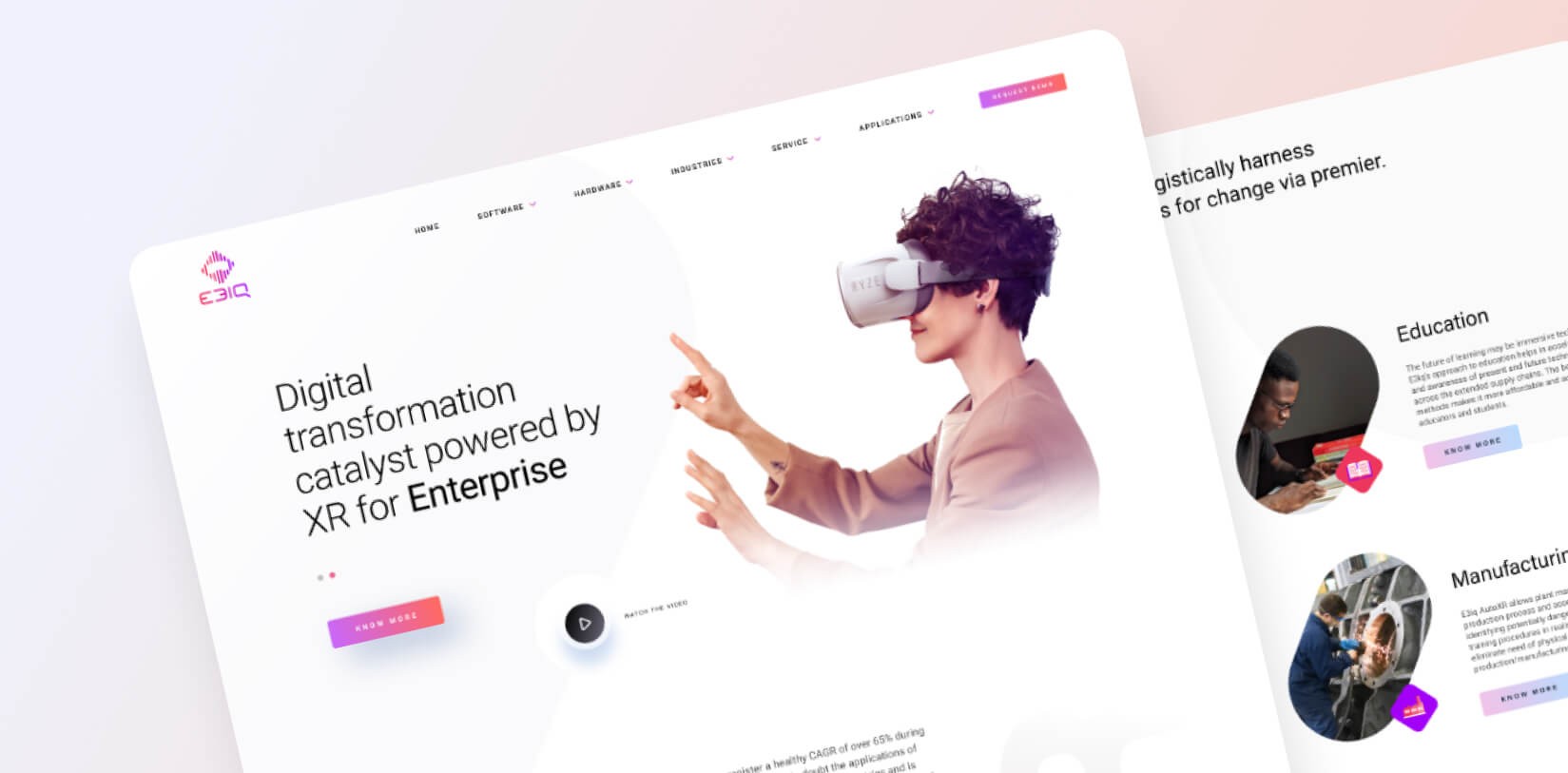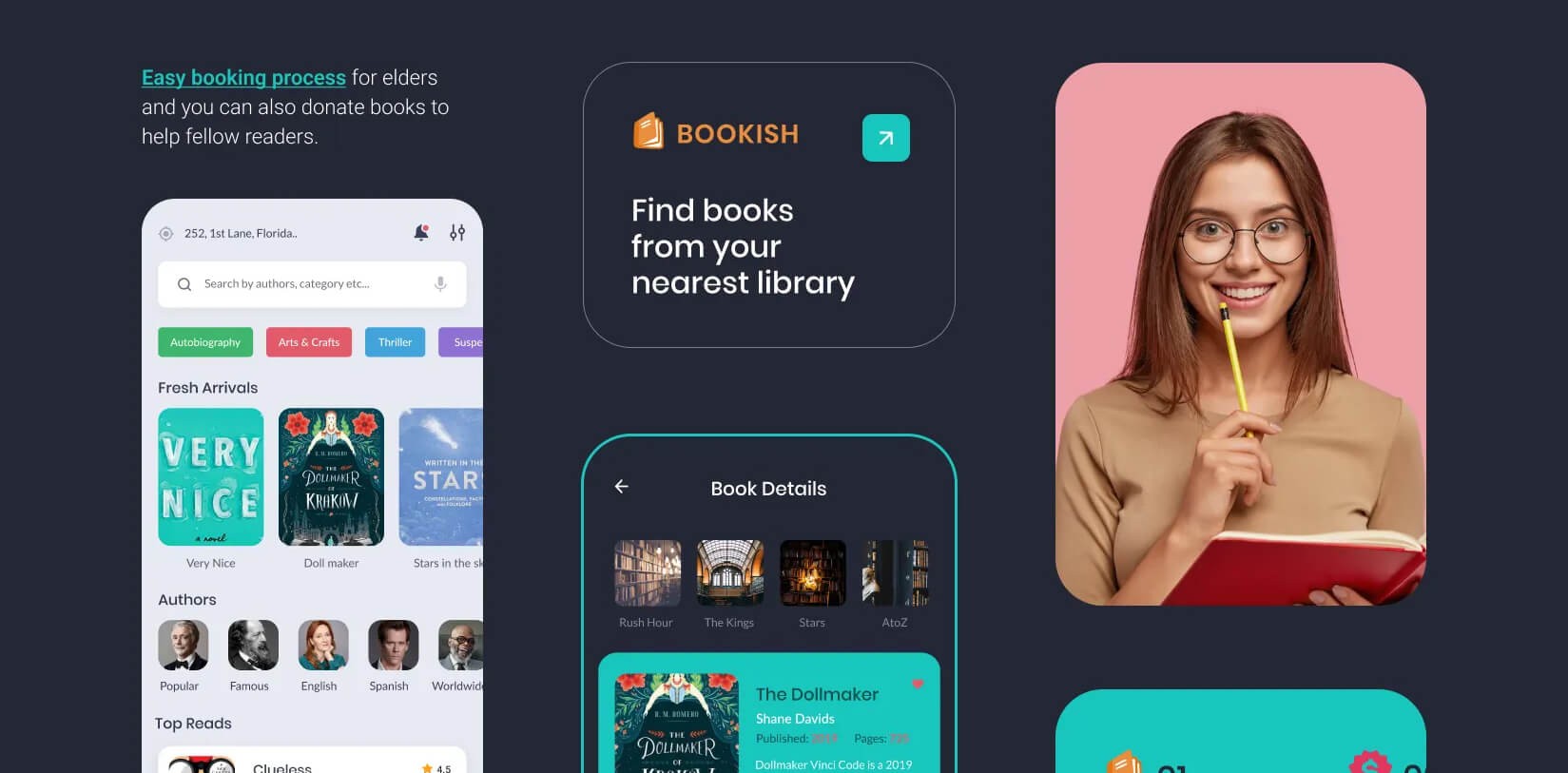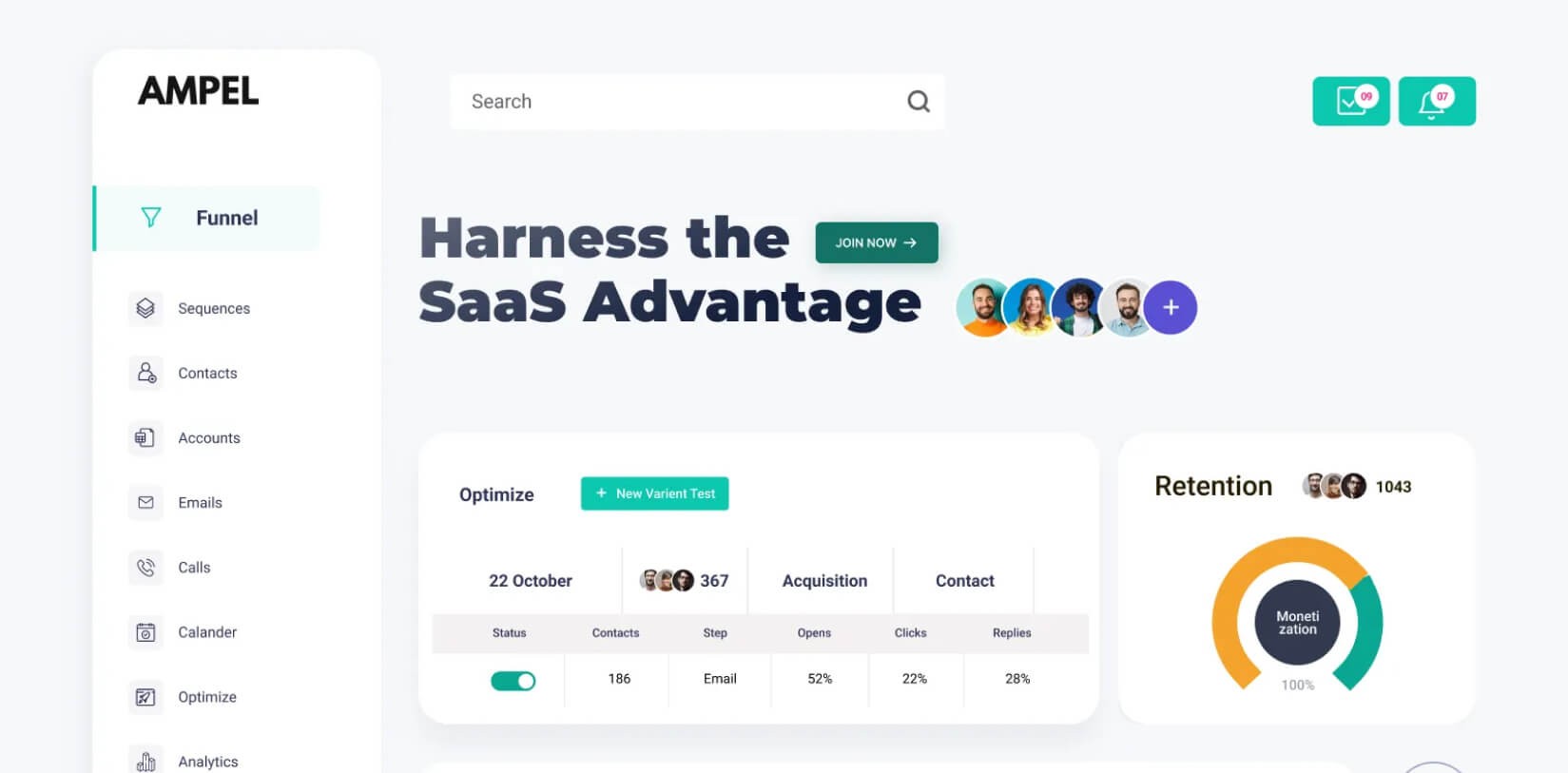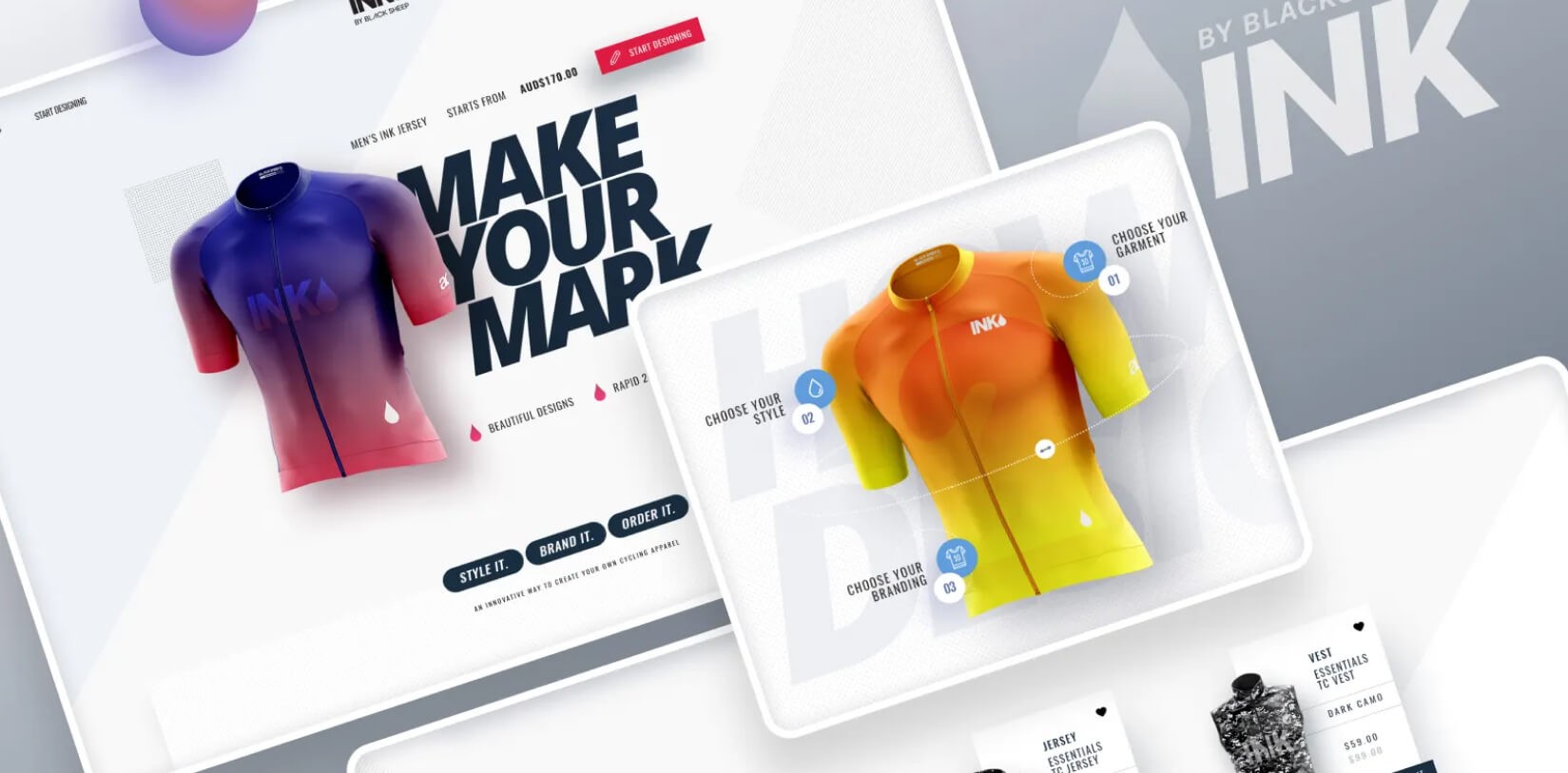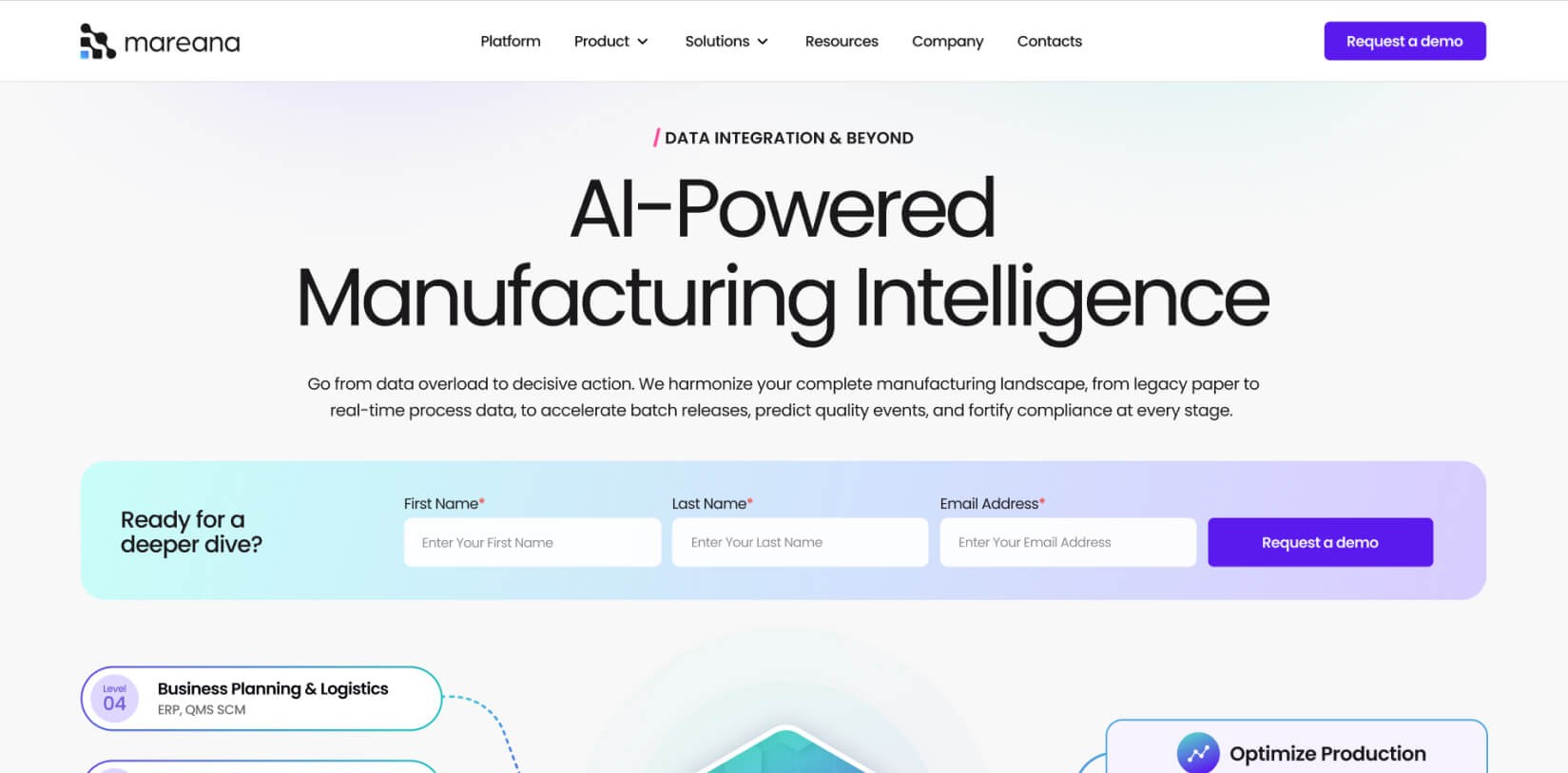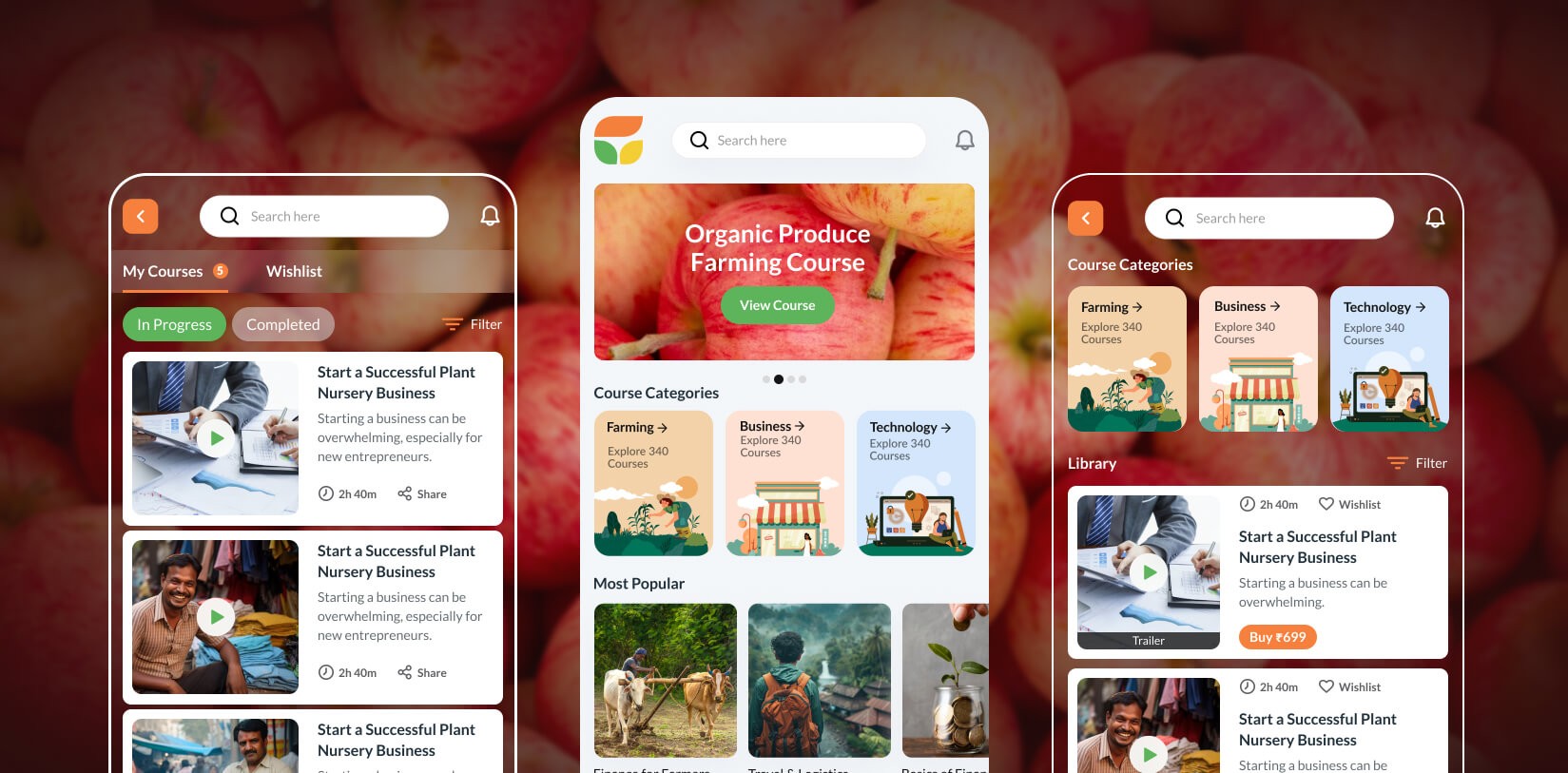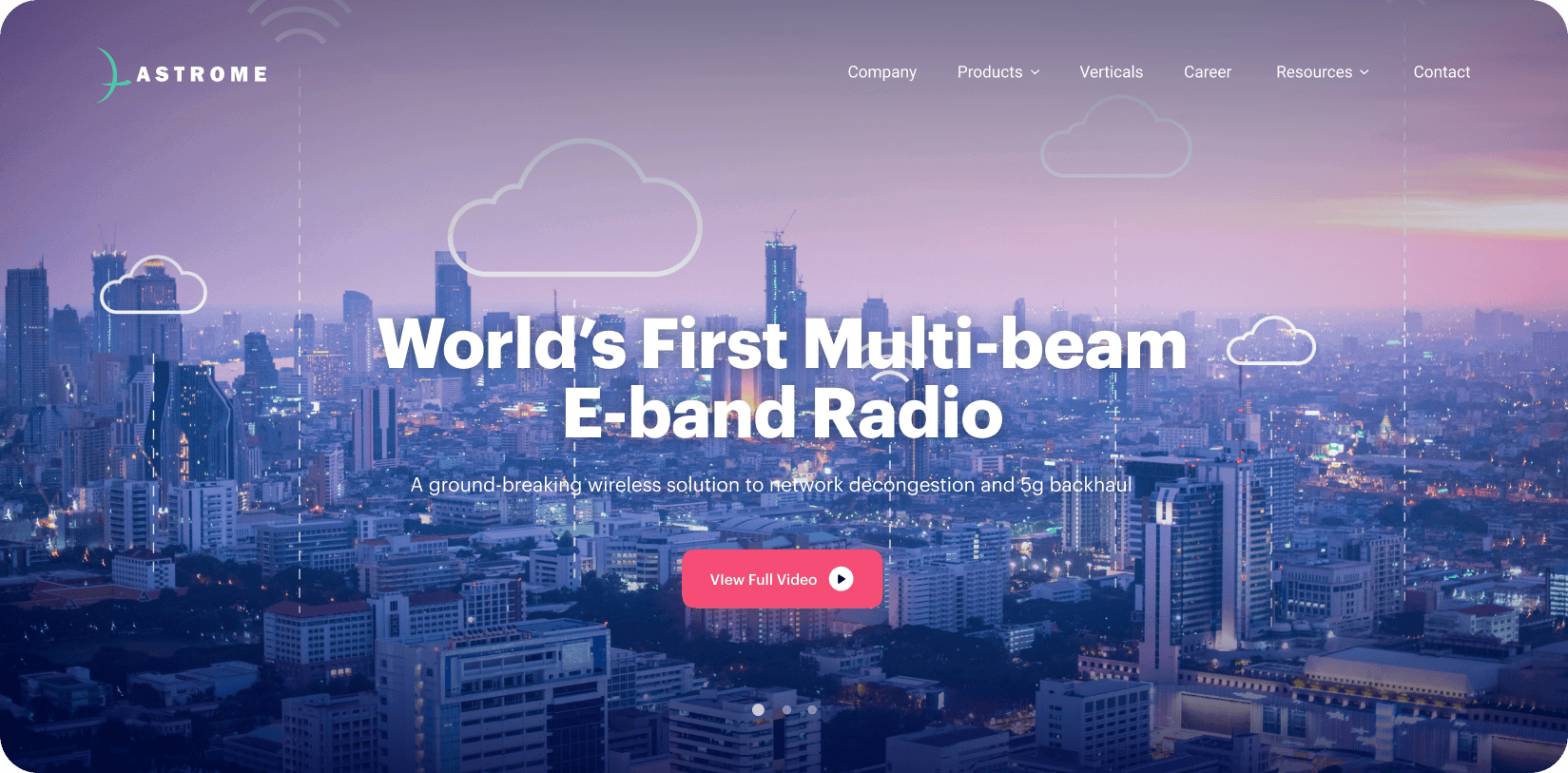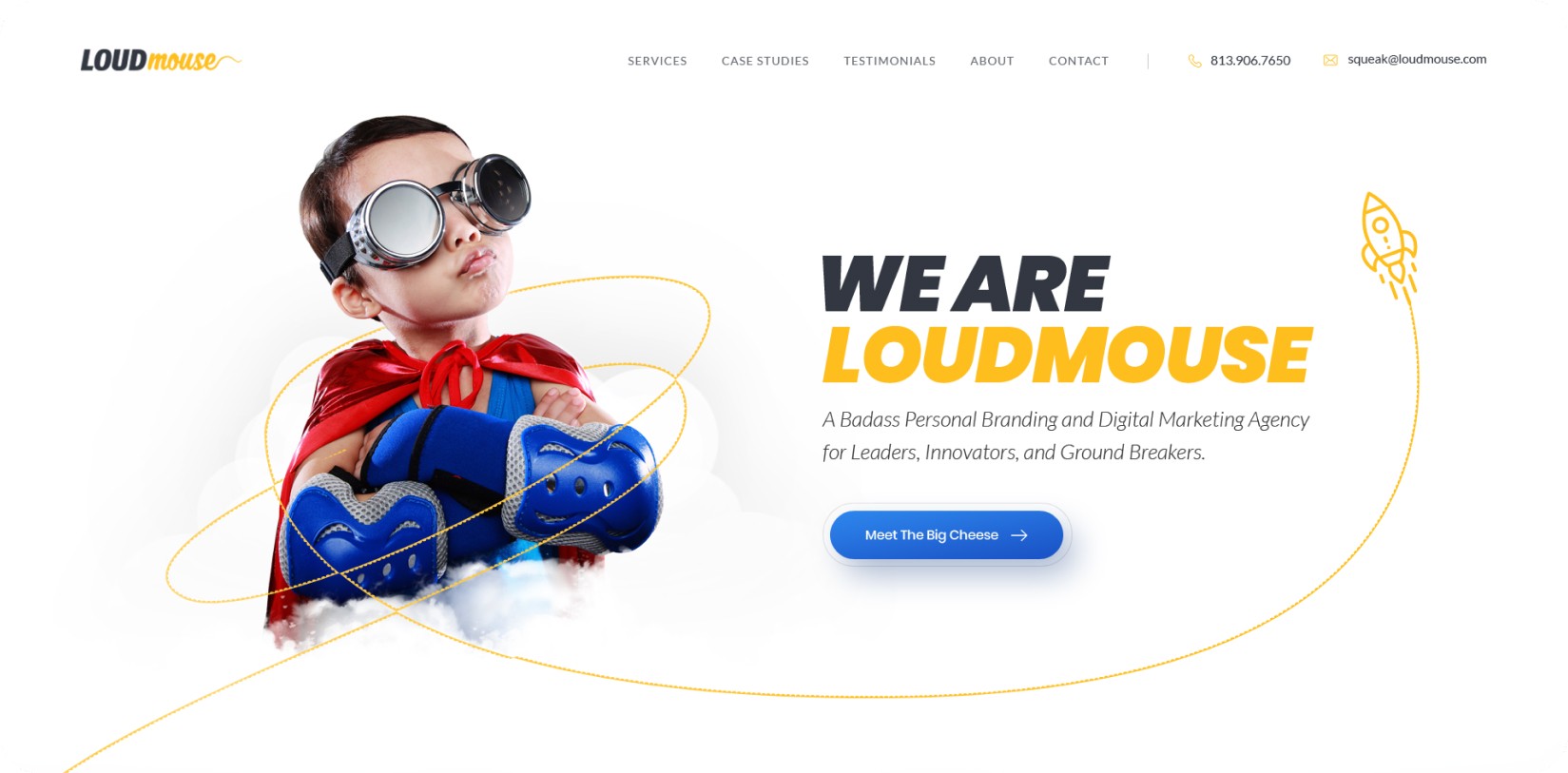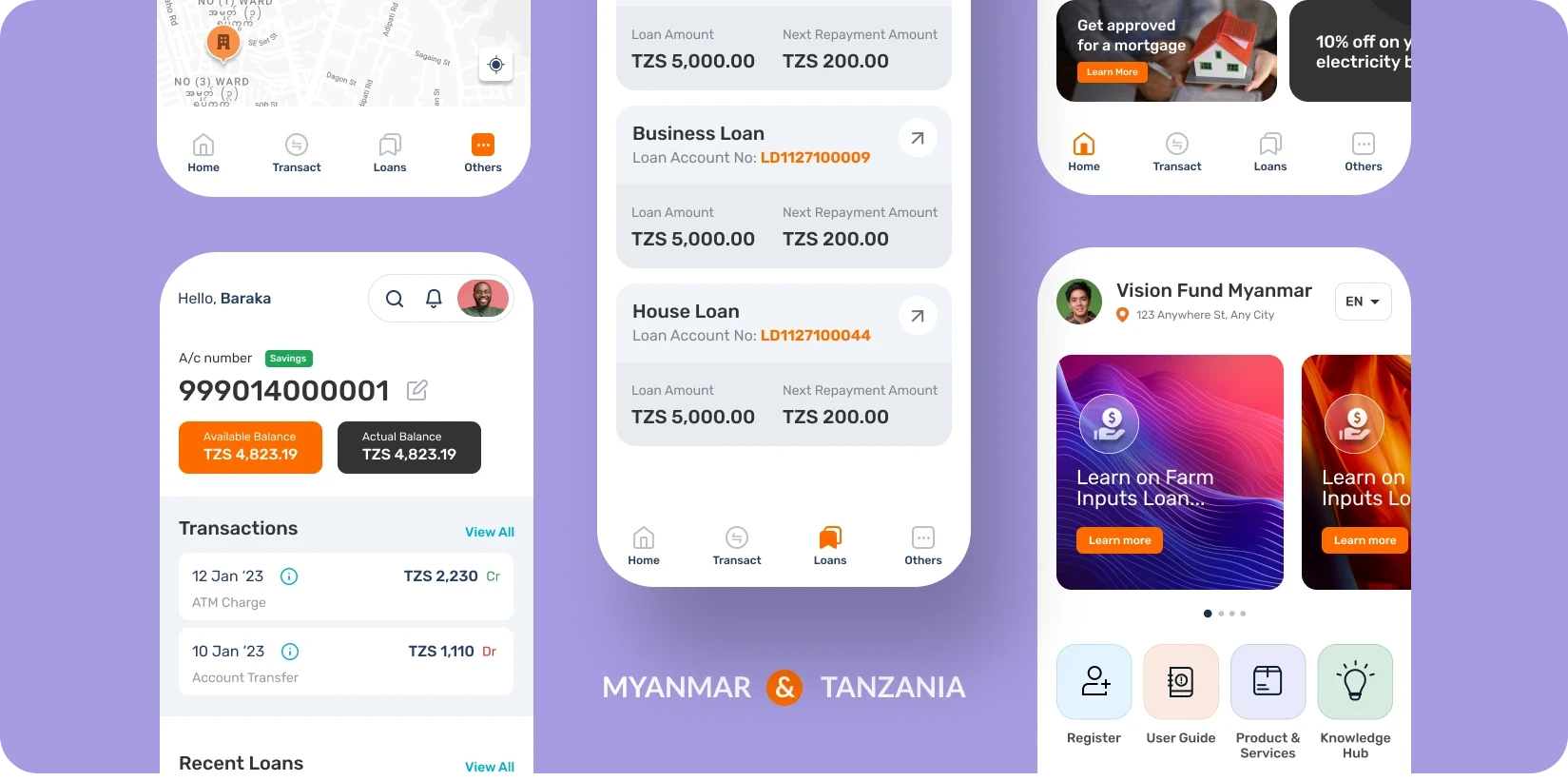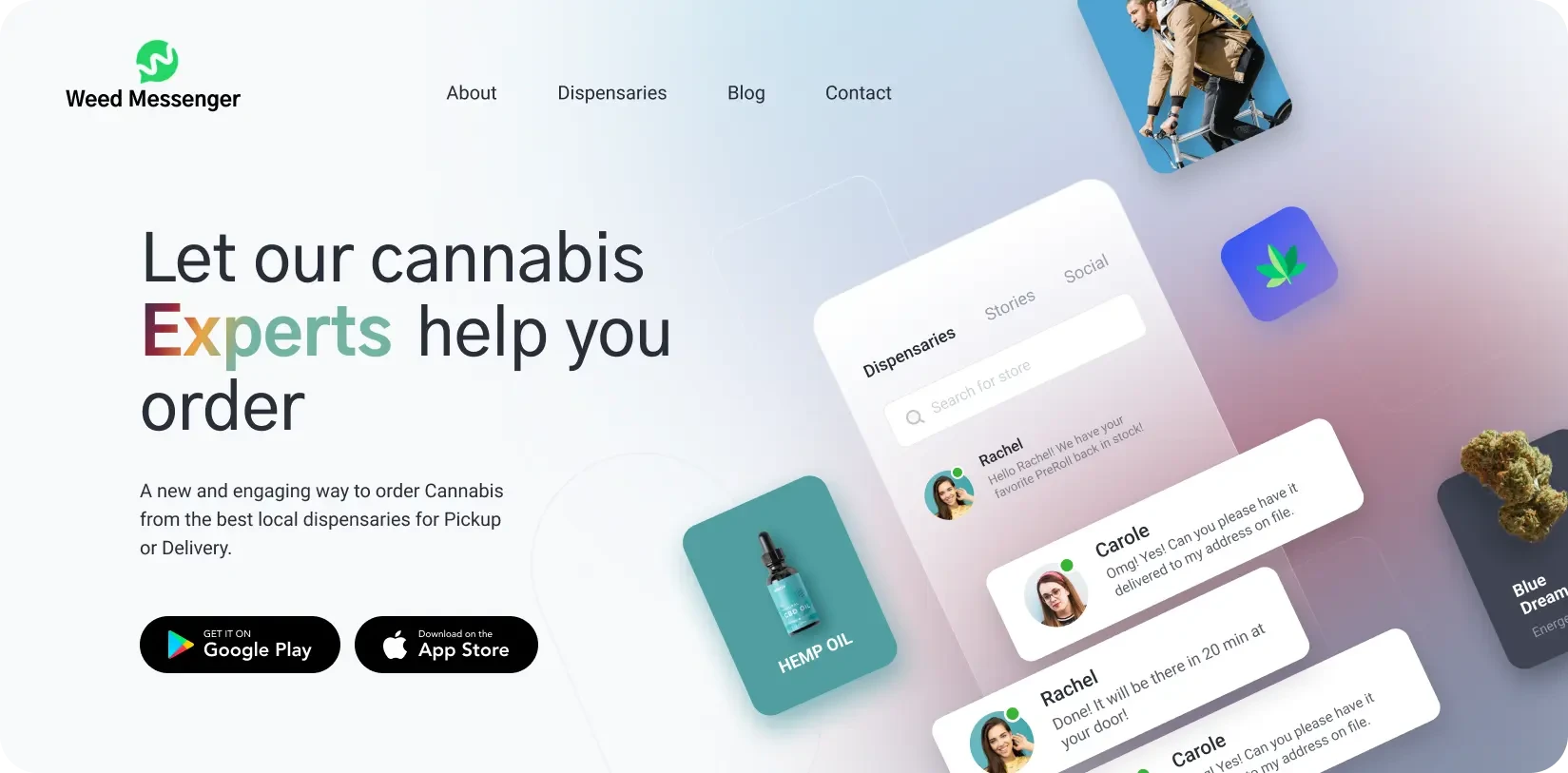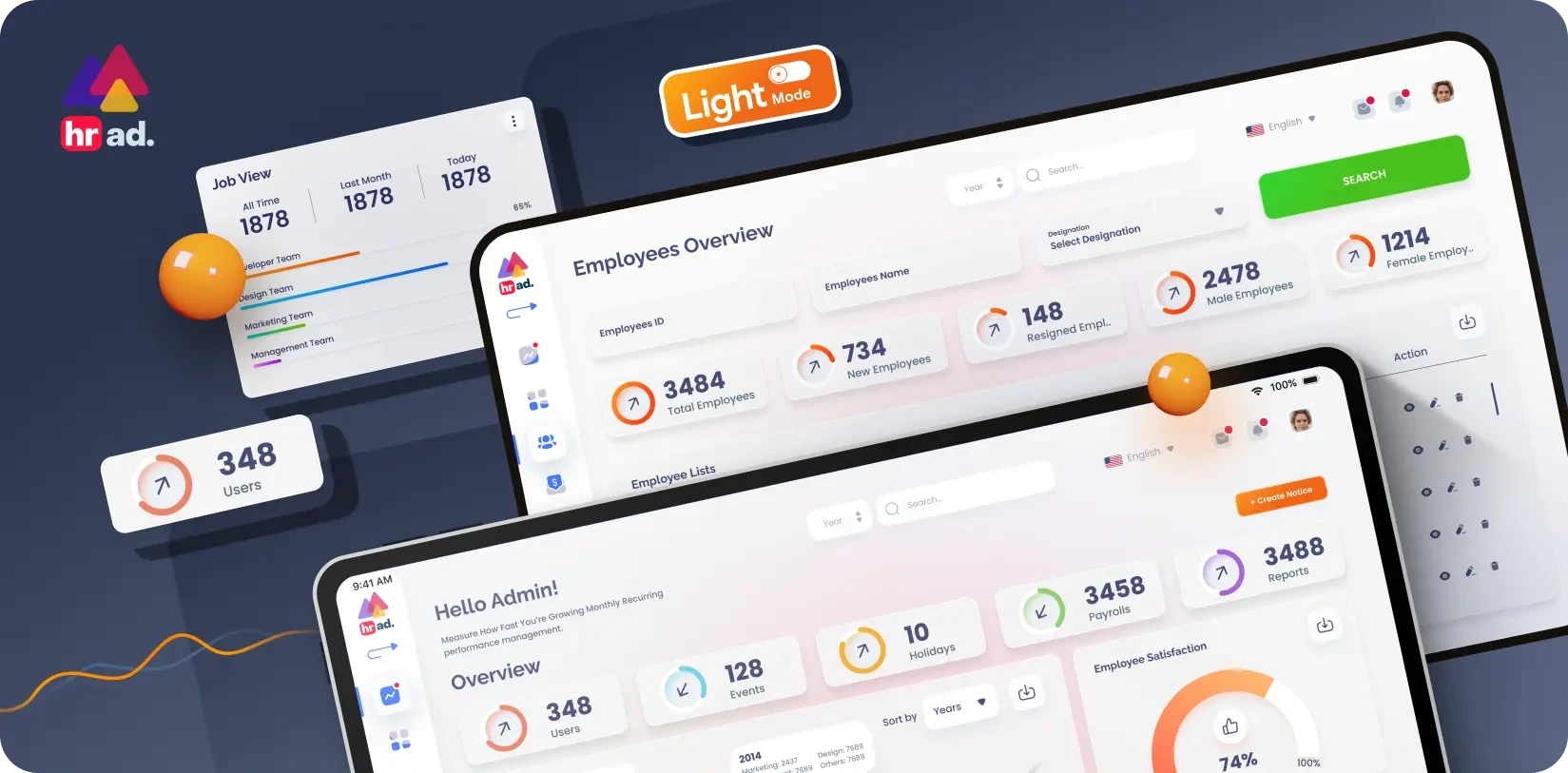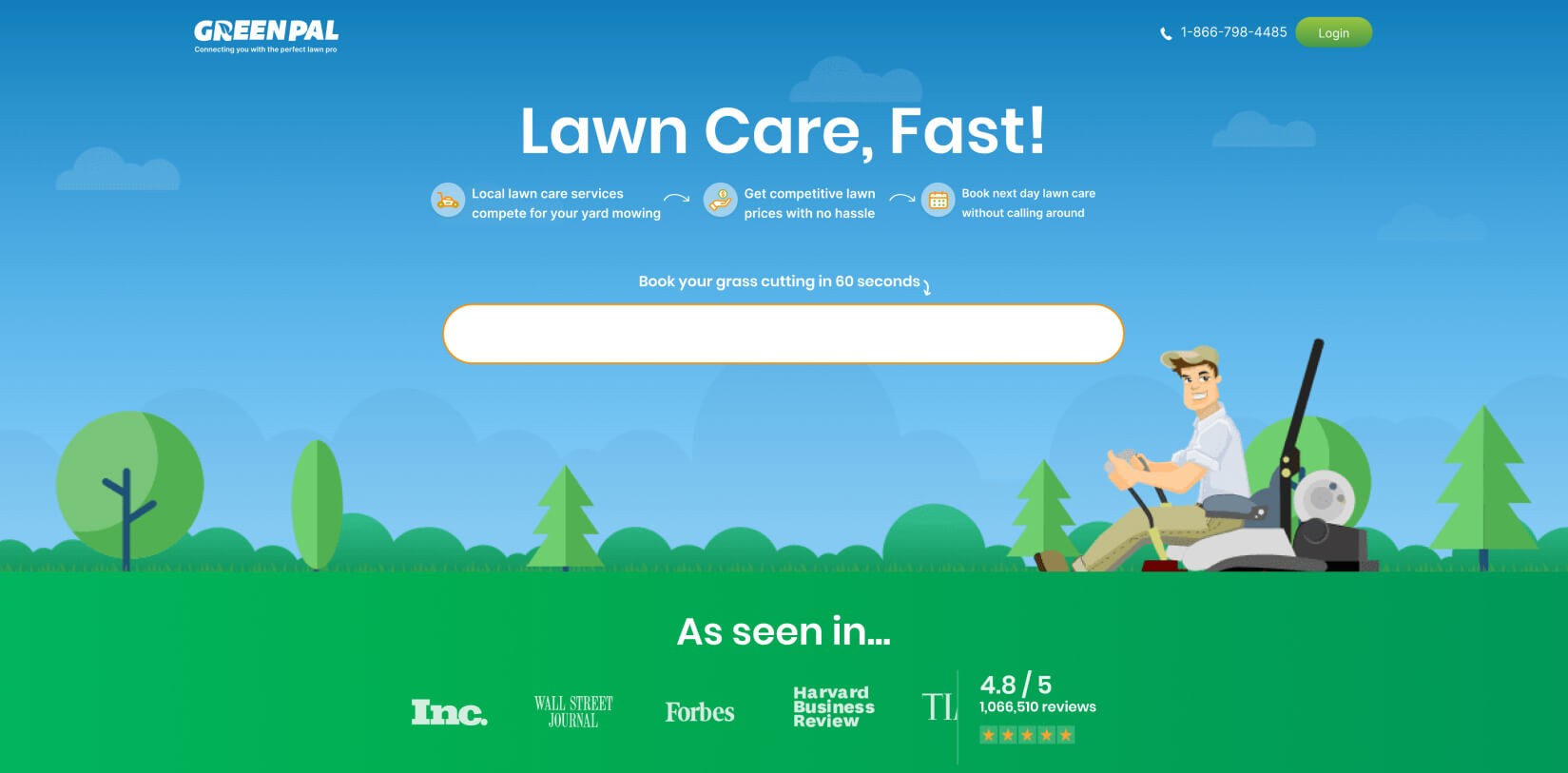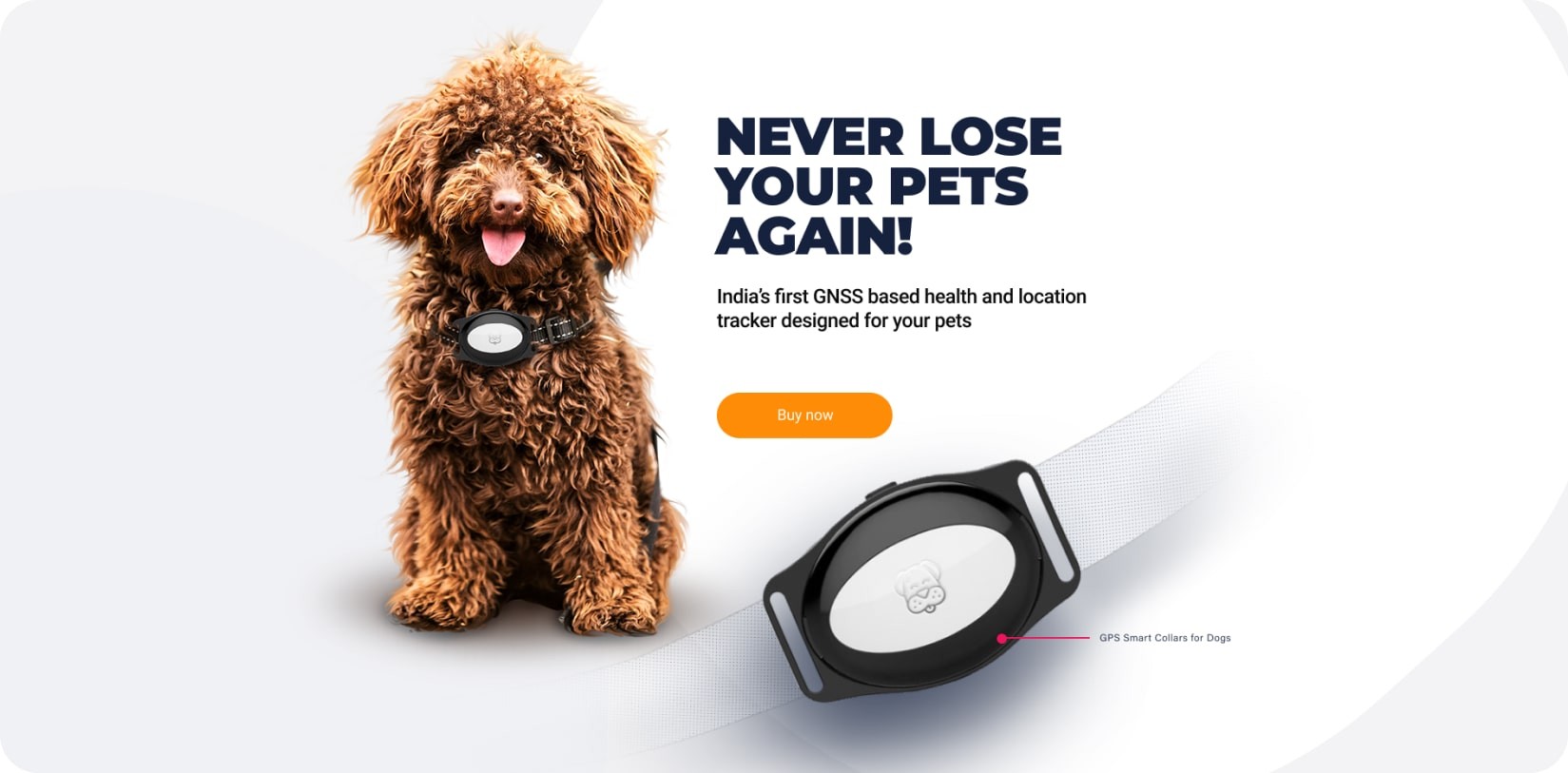Job Portal Website and App UI/UX Design
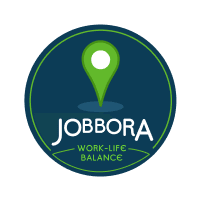
- Jobbora
- Employment Services
- UI/UX Design & Development
- 1 UX Researcher, 2 UI Designers, and Developers
- 5-6 Months
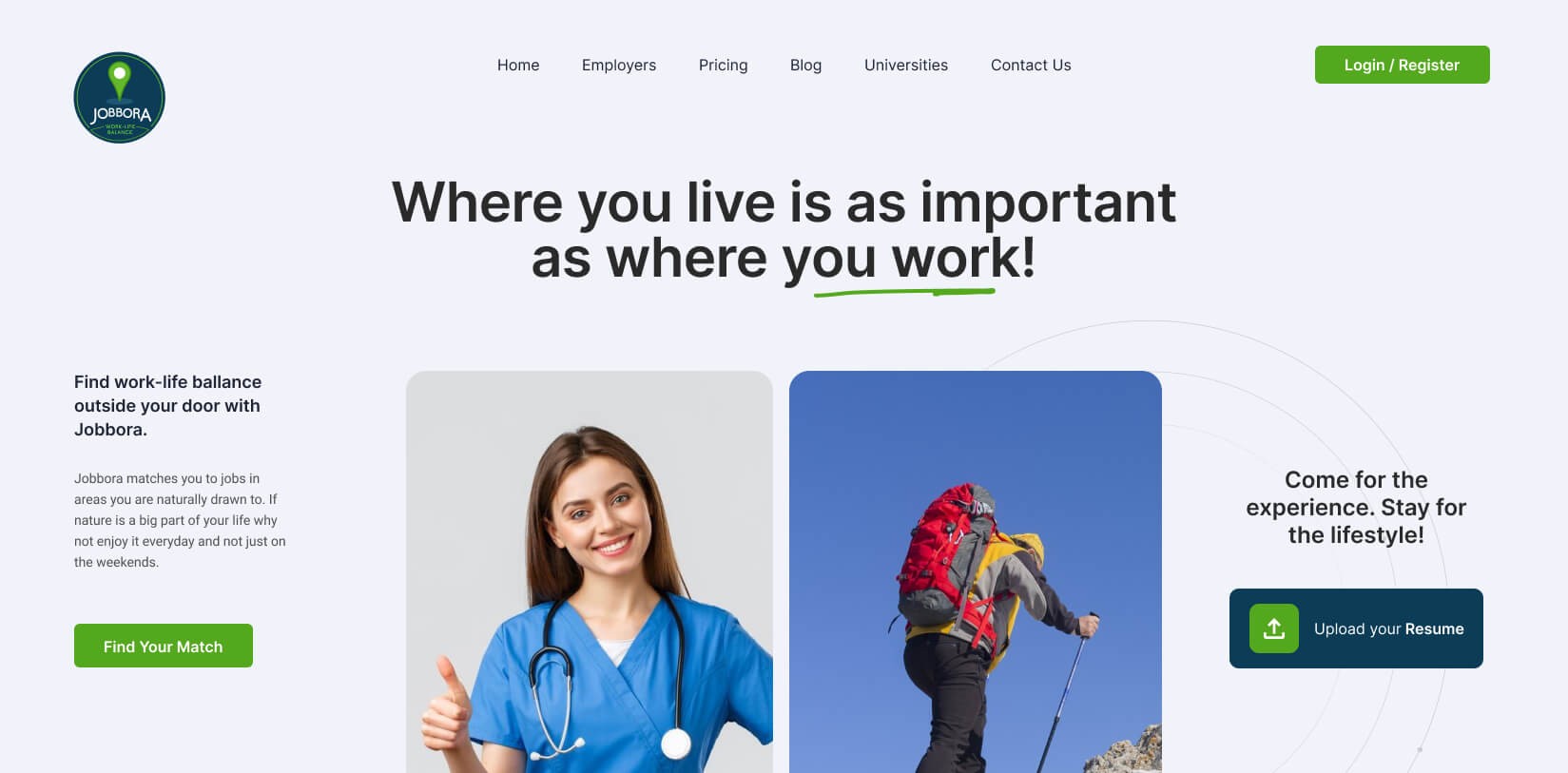
About Jobbora
Jobbora is an ultra-innovative employment brand, conceived to revitalize rural economies by connecting skilled professionals with meaningful career opportunities that fall beyond urban centers. It aims to address the challenge of professional talent shortages in rural regions. Unlike traditional employment portals, Jobbora uniquely factors community values, recreational access, work-life balance, and personal priorities like school proximity or healthcare availability.
It specifically targets professionals hesitant to relocate due to concerns about lifestyle compromises. It enables these professionals to find jobs based on preferred geography, personal hobbies, and desired recreational activities. By doing so, it transforms perceived limitations into opportunities for purposeful living. The ultimate vision for Jobbora was to create a platform that actively promotes work-life balance by aligning careers with what truly matters to individuals.
Goal of the Design
Without any pre-existing digital infrastructure, Jobbora required a completely custom-built, custom-designed ecosystem to bridge the urban-rural opportunity gap while overcoming inherent distrust in tech-driven relocation solutions. So, Jobbora partnered with our studio to bring their unique vision for a job-matching platform to life, from concept to a fully functional web platform.
The challenge presented was clear: traditional job portals fail to consider personal preferences beyond job titles and salary. The primary goal, therefore, was to architect and develop a platform from the ground up that could motivate professionals to consider opportunities in less preferred locations by aligning job roles with their lifestyle choices and personal interests.
Our primary objectives in building the Jobbora platform were to:
- Develop an Advanced Core Matching System: The first objective was to engineer an intuitive and powerful matching engine. We had to design the algorithmic experience to prioritize non-traditional filters (preferred geography, personal hobbies, desired recreational activities, commute tolerance, school proximity, lifestyle preferences, community fit, outdoor access) alongside skills and traditional job criteria. The goal was to make these new, employee-centric filters central to the job discovery process.
- Deliver a Unified & Accessible User Experience: Create seamless platform functionality across web (for employers/admins) and mobile (for job seekers), with offline functionality for low-connectivity regions.
- Build Efficient Employer Dashboards: Construct a powerful yet easy-to-use employer-facing interface of the platform with streamlined tools for posting jobs, screening candidates, vacancy management, and tracking recruitment metrics.
- Instill Trust & Transparency: Integrate features like real-time application tracking and clear communication channels to reduce anxiety in relocation decisions. The job seeker side of the platform had to be an intuitive gateway where career transitions felt less like logistical nightmares and more like purposeful adventures.
Our strategy to achieve these goals involved intensive user research and engagement with local economic development agencies to gather community-sourced information. This research helped us embed authentic insights about rural employment/recruitment patterns into the platform’s DNA from day one.
Challenges
Building the Jobbora platform from scratch presented several unique challenges:
Designing a Holistic Matching System:
The primary challenge lay in engineering a matching system from the ground up that could effectively incorporate subjective lifestyle preferences, community attributes, and personal values – critical factors for professionals considering relocation to rural areas. Traditional job platforms offer little precedent for this. For example, translating subjective preferences (for instance, ‘mountains vs. beaches’) into searchable filters required innovative UX solutions. We had to devise ways to transform these nuanced desires into functional search and filter criteria without making the interface overly complex.
Overcoming Data Scarcity in Rural Markets:
Gathering accurate, comprehensive, and meaningful data for job opportunities and community profiles across diverse rural regions was difficult. We joined hands with our client to scan through local bulletins, chamber newsletters, and oral networks to gather this information. We had to build a reliable central data repository with this vital information.
Serving Dual Audiences with Distinct Needs:
Another key challenge was balancing the needs of employers and job seekers. Employers would require robust analytics dashboards and candidate management tools, while job seekers needed minimalist, intuitive interfaces for their search. This required thoughtful design to prevent conflicting UX priorities within a single, new platform. To achieve this, we implemented role-specific UI modes with adaptive complexities from the outset, ensuring job seekers received easy-to-use tools and employers received advanced management capabilities.
Our Approach
Branding
We started by crafting Jobbora’s brand identity to reflect rural authenticity and opportunity. Knowing that rural job seekers might distrust “corporate” aesthetics, the brand’s aesthetic identity had to feel warm and welcoming. We developed a logo, an earthy color palette to visually anchor the platform to rural landscapes, and chose open sans-serif typography to counter tech-industry coldness and convey friendliness.
Discovery & UX Research
We conducted interviews and surveys with potential job seekers interested in rural relocation. We also engaged with many employers in these areas. We analyzed competitor platforms to identify gaps and opportunities for Jobbora to fill. Extensive journey mapping for both prospective employers and recruits also helped us optimize all key interaction points in the web platform’s user journeys.
Wireframing
Following research and brand definition, our team translated these insights into low and high-fidelity wireframes. We wireframed and tested all candidate onboarding screens and all employer vacancy management features/dashboards. We also prioritized creating and testing different visual selectors for hobbies and recreational activities in the employee onboarding journeys. We continued this process until the new platform’s interfaces, navigation, core functionalities, and matching features felt ultra-intuitive to all representative user groups.
Design Highlights
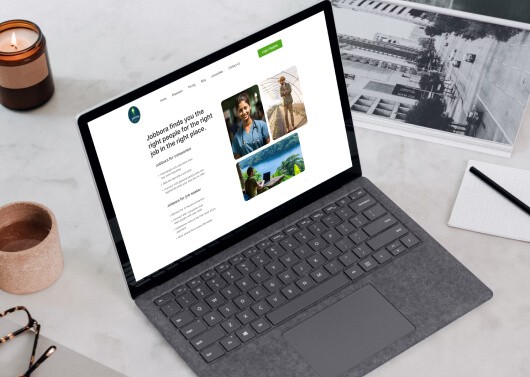
UI Design for Multi-Platform Experience + Web App Development
With a solid structural foundation from all the wireframing, our UI designers crafted a visually engaging user interface (UI). The UI featured:
- Intuitive, desktop-friendly dashboards for employers
- Clear, mobile-first job listings and community profiles for job seekers
We designed custom filter modules for geography, hobbies, recreation, and other custom design elements for features unique to Jobbora.
Our Agile development team then brought these designs to life. They built a responsive web application using React.js (frontend) and Node.js (backend) for cross-platform efficiency. Other key technical implementations included:
- API integrations with rural broadband initiatives to facilitate the sharing of real-time job data.
- Lighthouse optimization for every component to ensure fast loading times.
The launch of the Jobbora platform, built from scratch by our team, has redefined how professionals discover and connect with opportunities in rural America. The key outcomes are:
- Enhanced Job Matching Aligned with Lifestyle Goals
- Faster Connection Between Employers and Talent
- Improved Candidate and Employer Experience
- Data-Driven Insights for Smarter Hiring Decisions
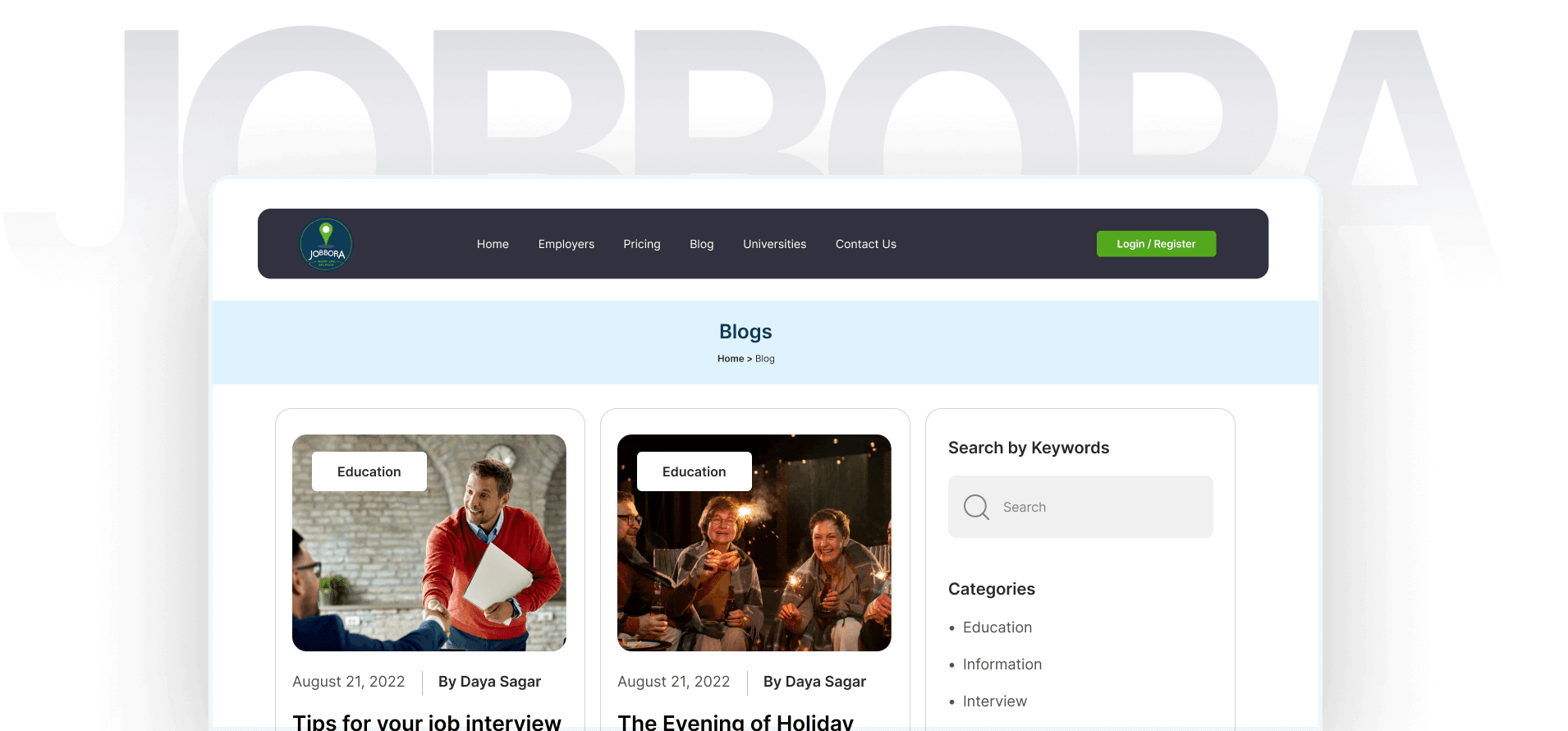
Final Product Showcase
Platform engagement has been strong, especially in mobile-first rural communities where offline functionality has proven critical. While proprietary metrics remain confidential, Jobbora has successfully secured many partnerships with local boards and organizations since its launch, validating the platform’s unique approach and thoughtful design. Jobbora empowers users to make more informed, fulfilling career decisions – bridging the gap between rural employers and urban professionals.
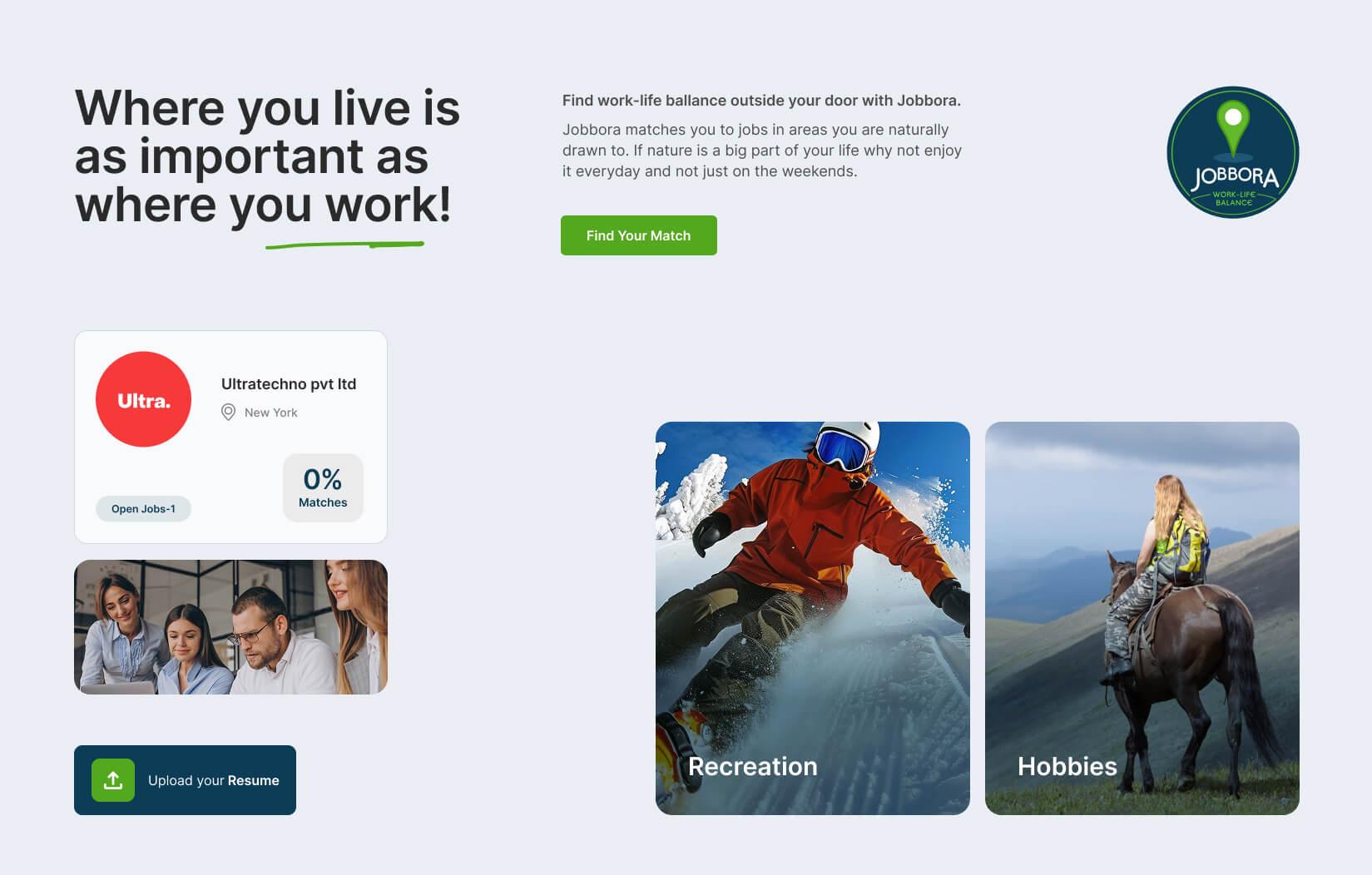
![Thumbnail One]()
![Thumbnail Two]()
- Watch video on dribble.
Post Production
Our collaborative journey with Jobbora did not end after the final handover. For Jobbora’s long-term success, our team continued with post-production efforts aimed at ensuring that the newly designed platform was functioning reliably in its real-world environment and evolving steadily to meet its future goals. This included:
- Performing routine, end-to-end testing of the new lifestyle matching algorithm and all the distinct role-based dashboards to ensure lag-free performance.
- Creating feedback loops with employers and job seekers to guarantee smooth performance.
- Making modular code improvements to fix performance flaws and add new features that address evolving user needs.
- Making timely backend improvements to support the platform’s growing user base
This preparation set the stage for Jobbora to achieve its long-term targets.


